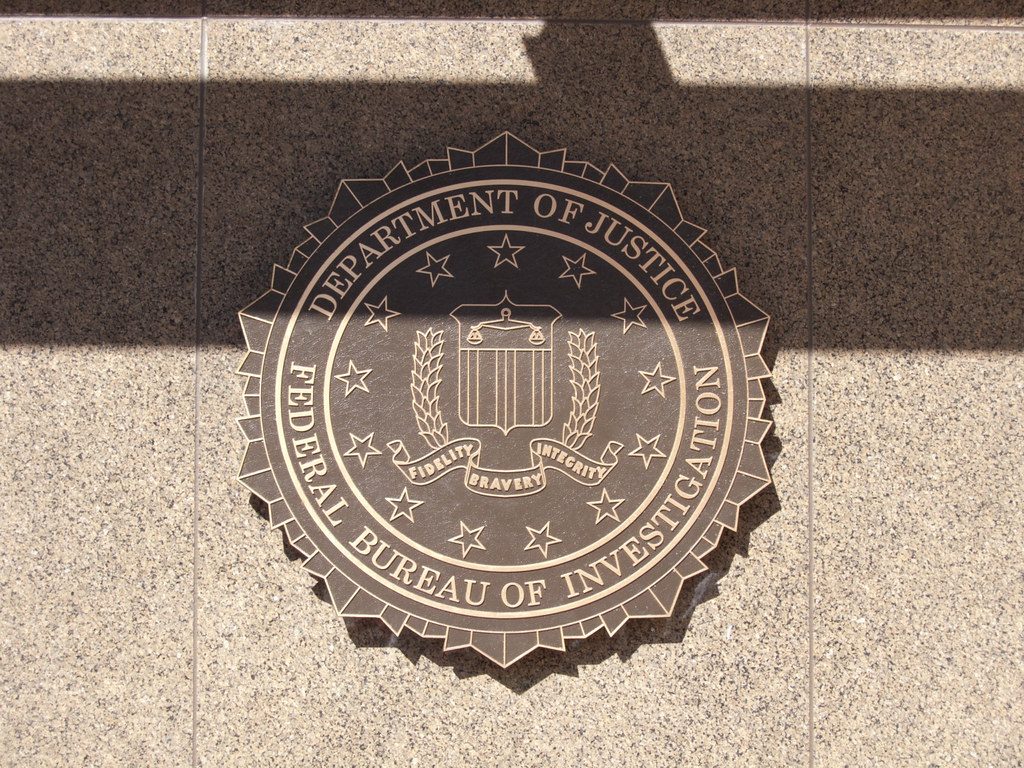
Reports have emerged of a successful Russian hack of the Federal Bureau of Investigation’s (FBI) communication systems that allowed Russian operatives access to sensitive information. According to the reports, the aim of the hack was to monitor and cripple the bureau’s surveillance of Russian spies in the U.S. The Russians are also said to have breached the backup communication channels the FBI used.
The reports state that the hack occurred shortly after the arrest and exposure of a group of Russian spies in the U.S. The hack allowed the Russians to track devices used by FBI surveillance teams, evade surveillance, and collect information about their pursuers. The U.S. didn’t become aware of Russia’s ability to breach certain types of secure communications until 2012. It is still not known exactly how the Russians were able to carry out the breach.
The hack was apparently a key reason the Obama administration chose to expel 35 Russian diplomats and close two Russian diplomatic facilities in December 2016. The breaches were reportedly monitored at the Russian diplomatic compounds in Maryland and New York, which were being used as ‘signals intelligence facilities’. At the time, the Obama administration said the diplomats were “acting in a manner inconsistent with their diplomatic status” regarding the hacking of U.S. political groups during the 2016 presidential election. The Russian government dismissed the hacking allegations as absurd.
The impact of the hack was not only felt in the FBI. According to the reports, the CIA was also forced to stop certain types of communications with its sources abroad. Earlier this month, the CIA removed a spy with deep access inside Russia’s government out of Russia due to leaks. The person is now reported to be living in Washington under his real name, but officials still fear that he is in danger.
They have good reason to be worried. Former Russian intelligence officer Sergei Skripal and his daughter were poisoned with Novichok, a Russian-developed nerve agent, in England in March 2018. Before that, in 2006, Russian defector Alexander Litvinenko was poisoned by radioactive isotope Polonium-210 in London. He died from the poisoning. Russia is suspected of being behind both attacks.
